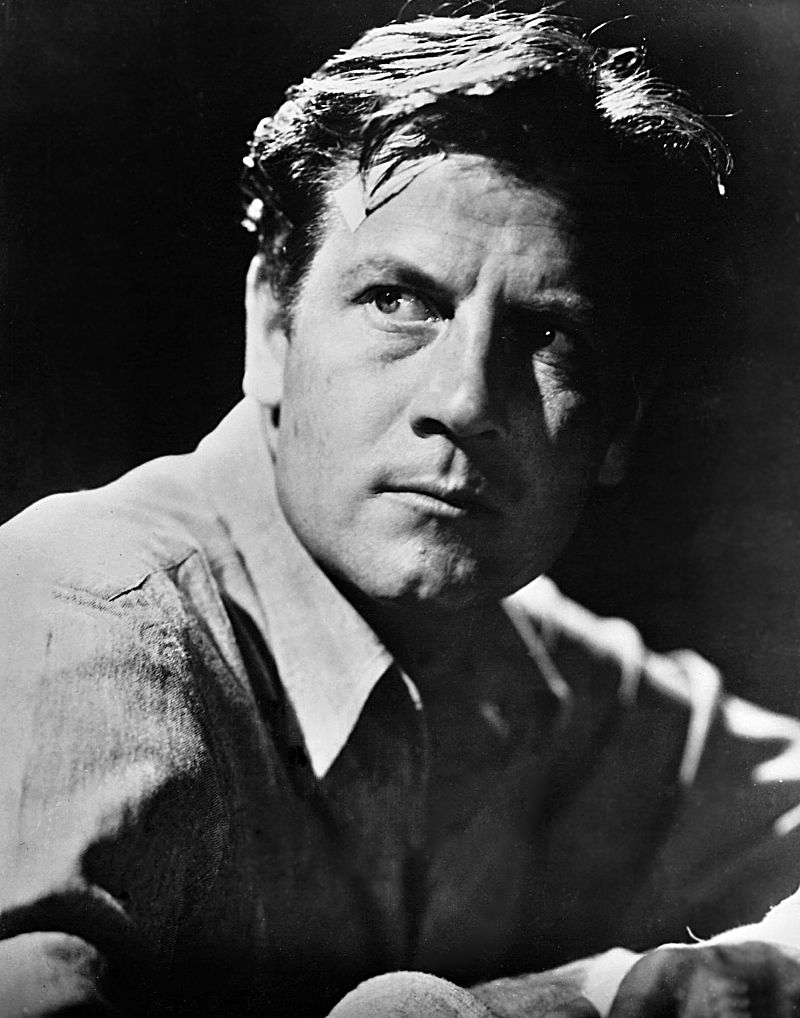Radio Archives’ The Great Gildersleeve, Volume 4 collects twelve episodes of The Great Gildersleeve from late November 1941 to late February 1942. Two episodes are missing from the collection; one, “Cousin Octavia Visits”, is in circulation but with much weaker sound quality than the ones in this collection. Still, I recommend listening to that one online because it shows how much the show’s focus and tone began to shift as America entered World War II. The contrast between the episode that was written before Pearl Harbor (but aired with breaking news bulletins, creating an odd contrast) and the one that followed it was striking.
“Cousin Octavia Visits” is a typical sitcom plot, where a spoiled child relative acts sweet initially but turns into absolute hellion once Mommy’s gone. The next episode finds the family in a financial crunch after Gildersleeve (Harold Peary) draws out most of their savings to buy defense bonds, while the housekeeper, Birdie (Lillian Randolph), shares her dark fantasy of poisoning Japanese soldiers. Don’t get me wrong, this volume’s not all patriotism and bloodlust. This set features some very funny episodes, but most episodes after Pearl Harbor reflect the subtle and not-so-subtle ways the War changed people’s lives.
The plots have a lot of great humor that center around comic misunderstanding, Gildersleeve throwing his weight around, and his inability to back out of an embarrassing situation. They also make good use of the fact that no one seems to communicate, which leads to, for instance, multiple people trying to sell the same Iron Deer statue from scrap metal. In another episode, the family ends up in a hilarious bidding war when Gildersleeve decides to surprise his daughter Marjorie (who is getting Red Cross training) with a bedroom makeover, only to find out that Marjorie (Lurene Tuttle) has hired someone else to do the job for her after they’ve already purchased a new bed. Gildersleeve’s son Leroy’s (Walter Telley) childhood hijinks serve as the basis for two episodes, one where he gets hold of Gildersleeve’s cigars, and another where he runs away from home.
The series also tries an expansion of the cast. Arthur Q. Bryan (best known as the voice of Elmer Fudd) arrives in the Cousin Octavia episode and stays on for another episode before departing. He’d return without the classic Elmer Fudd speech impediment later on in the series.
My three favorite episodes in the box set were: “Arrested as a Car Thief”, where a simple task of driving Leroy and some rabbits he’d been raising to an agricultural exhibit becomes a massive ordeal, involving horrible roads and multiple cases of mistaken identity; “Leroy Runs Away”, which has some similarities with mistaken identity, and not just of people, and also allows Harold Peary a rare dramatic moment and he doesn’t disappoint; and, my favorite, “Selling the Drugstore”, where Gildersleeve has been lecturing Leroy about the value of honesty and George Washington. Leroy takes the lesson to heart and then begins to hold Gildersleeve accountable for telling the truth. It leads to a lot of funny moments, but it also has a moral without being too moralizing. It also has one of the best comic twists in the set.
My least favorite episode (though by no means a bad one) is one where Marjorie’s Red Cross group needs education in fixing cars, and because Gildersleeve has been overheard talking about his prowess fixing sewing machines, he gets roped into teaching a class of female Red Cross trainees how to work on automobiles. It has some humorous moments and fun jokes but it’s just a little too contrived and disconnected from any sort of reality or logic for my taste.
Overall, this another solid set of restored episodes that really showcase the foundation of The Great GIldersleeve as one of America’s great radio sitcoms.
Rating: 4.5 out of 5

